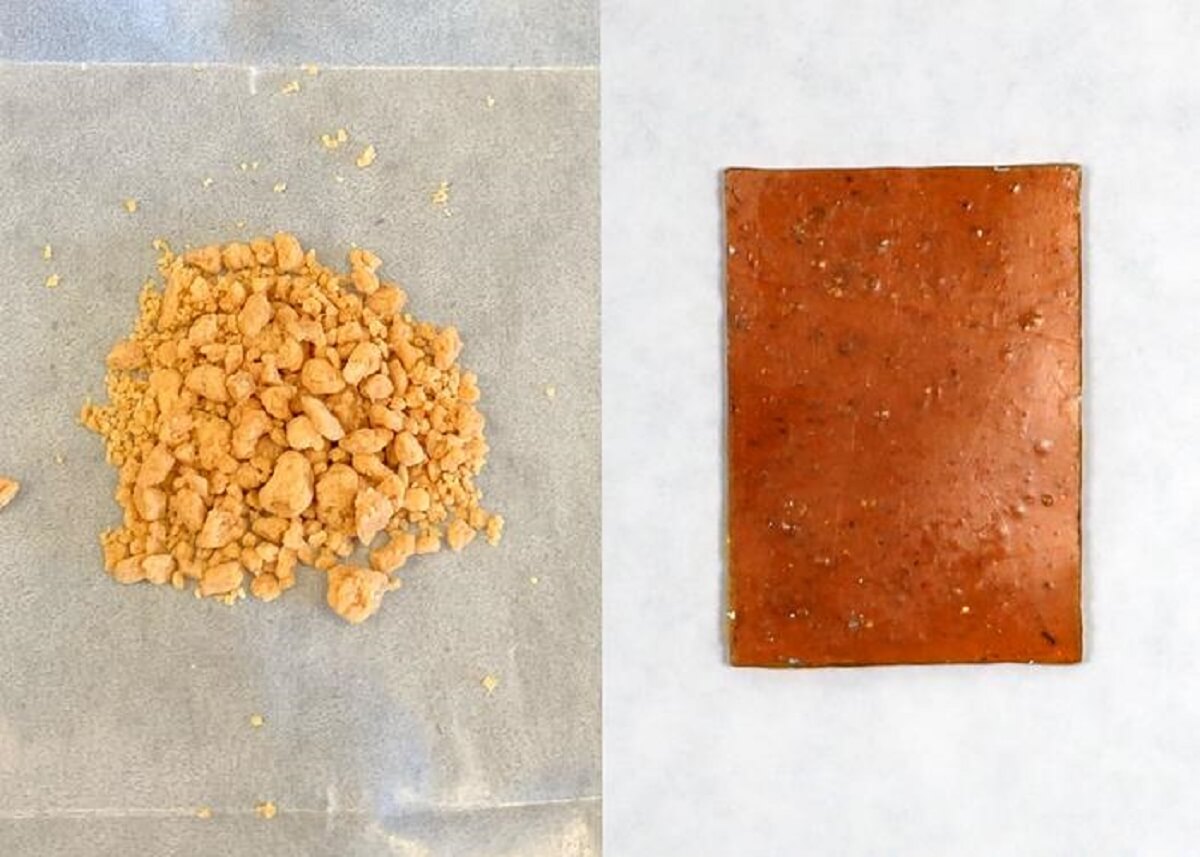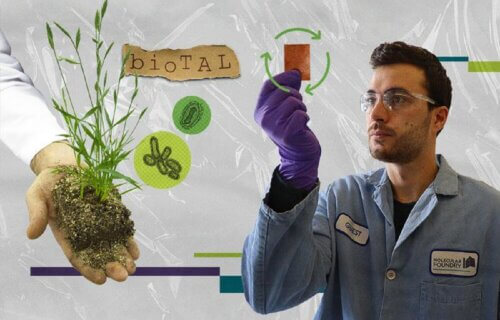BERKELEY, Calif. — An innovative, endlessly recyclable plastic could help alleviate the escalating pollution crisis, researchers reveal. A team in California has successfully engineered microbes to create ingredients for recyclable plastics, presenting sustainable alternatives to finite, polluting petrochemicals.
Current plastics are largely non-recyclable and heavily reliant on petrochemicals — substances derived from the same thing that creates gasoline and oil (petroleum). The United Nations projects that the 400 million tons of plastic waste generated globally each year could surge to over one billion tons by 2050.
Only about 10 percent of the seven billion tons of plastic waste already produced has been recycled; the majority is discarded in landfills or incinerated. However, the U.S. research team has pioneered the use of microbes to create bio-based substitutes for the initial ingredients in an endlessly recyclable plastic known as poly(diketoenamine), or PDK.
“This is the first time that bioproducts have been integrated to make a PDK that is predominantly bio-based,” says project leader Dr. Brett Helms, from the Lawrence Berkeley National Laboratory, in a media release. “And it’s the first time that you see a bio-advantage over using petrochemicals, both with respect to the material’s properties and the cost of producing it at scale.”

(credit: Jeremy Demarteau/Berkeley Lab)
The researchers further explain that PDK can be consistently deconstructed into “pristine” building blocks and then transformed into new products, without quality degradation. Initially, PDKs utilized building blocks derived from petrochemicals, but these can be re-engineered and produced via microbes.
After four years of research, the scientists have modified E. coli to convert plant sugars into one of the initial materials, a molecule named triacetic acid lactone (bioTAL), and produced a PDK with roughly 80 percent bio-content.
“We’ve demonstrated that the pathway to 100% bio-content in recyclable plastics is feasible. You’ll see that from us in the future,” says Jeremy Demarteau, a project scientist on the team.
He adds that PDKs could be used for multiple products, including adhesives, flexible items like computer cables or watch bands, and building materials. The team was intrigued to find that incorporating bioTAL expanded the material’s working temperature range by up to 60 degrees Celsius compared to the petrochemical version. This discovery points to the potential for PDKs in items requiring specific working temperatures, such as sports gear and car parts.
“We can’t keep using our dwindling supply of fossil fuels to feed this insatiable desire for plastics. We want to help solve the plastic waste problem by creating materials that are both biorenewable and circular – and providing an incentive for companies to use them,” says senior faculty scientist Professor Jay Keasling of Berkeley Lab’s Biosciences Area. “Then people could have the products they need for the time they need them, before those items are transformed into something new.”
The study builds on a 2021 analysis, which indicated that PDK plastic could compete commercially with traditional plastics if mass-produced.
“Our new results are extremely encouraging. We found that with even modest improvements to the production process, we could soon be making bio-based PDK plastics that are both cheaper and emit less CO2 than those made with fossil fuels,” adds Corinne Scown, a staff scientist in Berkeley Lab’s Energy Technologies Area.
The research is published in the journal Nature Sustainability.
South West News Service writer Stephen Beech contributed to this report.


This innovative approach to creating infinitely recyclable plastics through microbial engineering presents a promising solution to the growing pollution crisis caused by traditional, non-recyclable plastics. The use of bio-based materials, such as poly(diketoenamine) (PDK), not only offers sustainability but also enhances material properties and reduces production costs compared to petrochemical-based plastics. With a wide range of potential applications in various industries, from adhesives to construction materials, this advancement marks a significant step towards a more eco-friendly future.